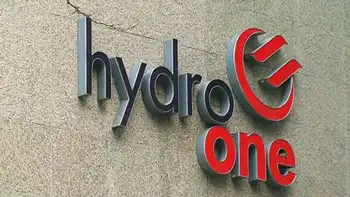Minnesota Signs Deal With Manitoba Hydro
WINNIPEG -- - The Minnesota Public Utilities Commission has unanimously approved a $1.7 billion power export deal with Manitoba Hydro.
It allows Minneapolis-based Xcel Energy to import power from Manitoba Hydro, despite the objections of aboriginal groups.
The 500-megawatt, 10-year deal was given the go-ahead.
It's an extension of an existing deal and will allow power to be exported until 2015.
Approval by Canada's National Energy Board is pending.
The Minnesota decision is a blow to the Pimicikamak Cree Nation of Cross Lake, Manitoba. They had asked the commission to first call a formal hearing into the social and economic impact of historic hydro development on their homeland.
Related News

Maine Governor calls for 100% renewable electricity
BANGOR - Maine Climate Council Act targets 80% renewable power by 2030 and 100% by 2050, slashing greenhouse gas emissions via clean electricity, grid procurement, long-term contracts, wind and hydro integration, resilience planning, and carbon sequestration.
Key Points
A Maine policy forming a Climate Council to reach 80% renewables in 2030 100% in 2050 and cut greenhouse gas emissions.
✅ 80% renewable electricity by 2030; 100% by 2050.
✅ 45% GHG cut by 2030; 80% by 2050.
✅ Utility procurement authority for clean capacity and energy.
The winds of change have shifted and are blowing Northward, as Maine’s…




